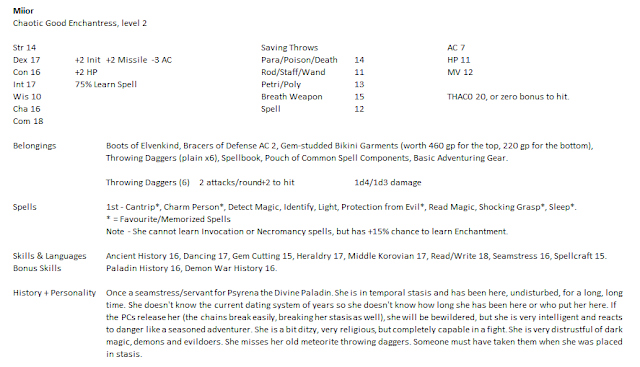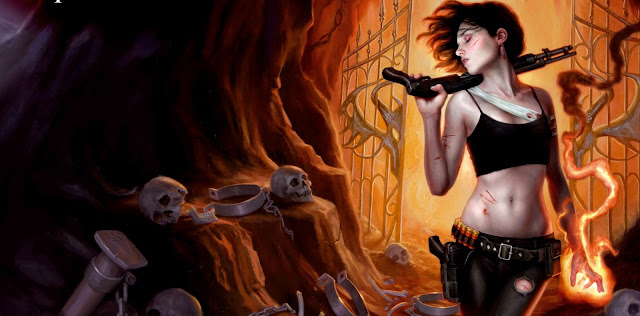Meanwhile I typically charge $35 CDN per hour for my editing services. (Roughly $27 USD with the current exchange rate.) For my day job I get paid way more than that, between $40 to $100 per hour.
But enough about that, what bothered me is that she was evidently so desperate for money that she was willing to do Beta Reading, Proof Reading and Copy Editing for such ridiculously low prices. Starving artist? Maybe.
So maybe you are wondering what is the difference between a Beta Reader and a Proof Reader? And while we are at it, Copy Editor.
Beta Reader
"A beta reader is usually an unpaid test reader of an unreleased work of literature or other writing, who gives feedback from the point of view of an average reader to the author. A beta reader is not a professional and can therefore provide advice and comments in the opinions of an average reader."
Usually. Not always. If you are paying the Beta Reader they are effectively a "Professional Beta Reader".
Proof Reader
"A proof reader is typically someone who reads of a draft of a text for publication to detect and correct production errors with respect to typeset, spacing, formatting errors, and making sure the document follows the correct style guide.
Copy Editor
"A copy editor edits a document for spelling and grammar mistakes, but also to improve accuracy, readability, consistency, repetition, and also checks for production errors / omissions with respect to style guide, typeset, etc."
Of these three things, I admit the only thing I would want to be doing is Copy Editor. Beta Reader and Proof Reader just feel too boring to me and my perfectionism would be screaming at me to correct all the spelling and grammar mistakes. It isn't OCD, not yet at least, but it does cause me physical pain to my brain if I am reading things that have poor spelling and grammar.
Giving feedback on a book I could certainly do too, but I think I would want to combine the roles of Beta Reader and Copy Editor together. Get both done at the same time.
My impressions of the industry however is that many of these Beta Readers and Copy Editors are being too competitive with their prices and not even paying themselves a minimum wage. Also because some of them are charging on a per word basis (instead of charging per hour and providing an estimate of the time requirement/cost based upon editing a sample of the author's work), for documents that could be full of errors and take considerably more time than editing something that has very few errors.
Even so, even if the document had zero errors, the time required to read it alone means that a Beta Reader should be getting paid a reasonable amount.
Note however that the definition said "A beta reader is usually an unpaid test reader". Literally unpaid.
Now maybe if two authors exchanged chapters of similar length, read them, and gave their thoughts, then that would be an equitable situation.
If I was asking a stranger to be a beta reader I would want to be paying them for their time (and get them to sign a NDA if possible).
I suspect however that in the future beta readers/proof readers could become obsolete. With AI getting smarter it could also be used to edit and provide creative feedback on the text.
















